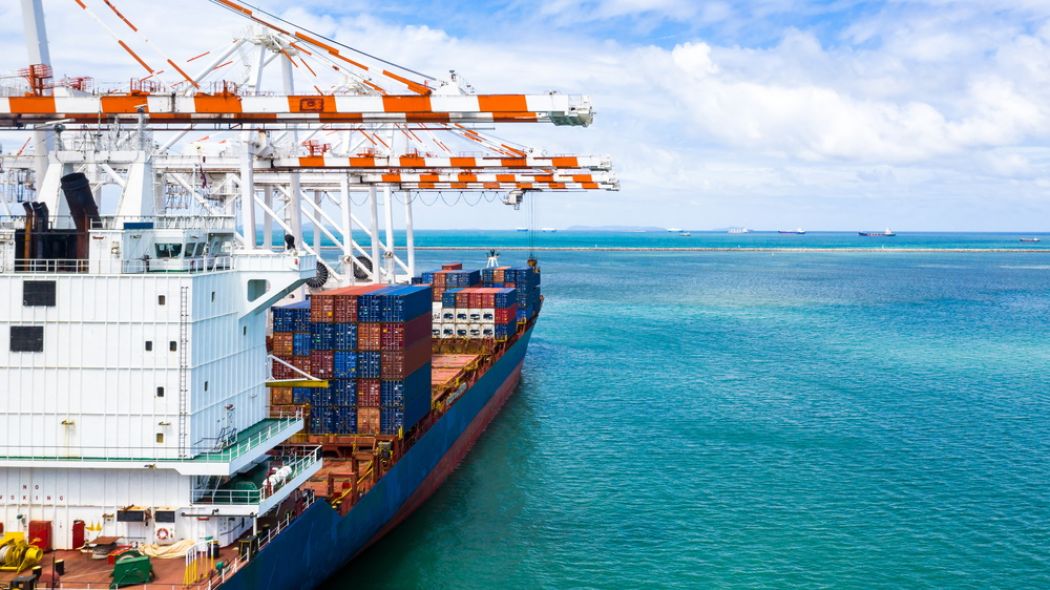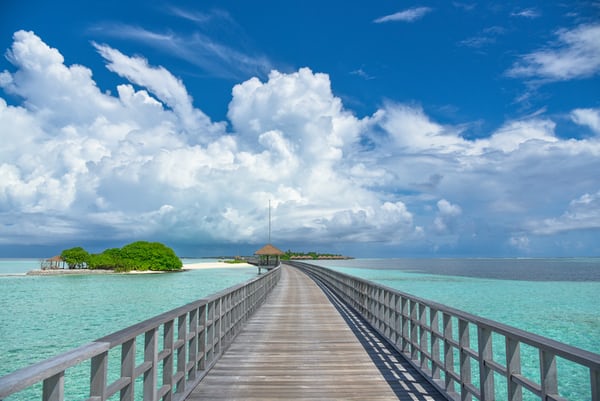CITBA Flagships
Flagships
- Future Students
- JCU Global Experience
- International Students
- Open Day
- How to apply
- Pathways to university
- Virtual Open Day
- Living on Campus
- Courses
- Publications
- Scholarships
- Parents and Partners
- JCU Heroes Programs
- Aboriginal and Torres Strait Islander in Marine Science
- Elite Athletes
- Defence
- Current Students
- New students
- JCU Orientation
- LearnJCU
- Placements
- CEE
- Unicare Centre and Unicampus Kids
- Graduation
- Off-Campus Students
- JCU Job Ready
- Safety and Wellbeing
- JCU Prizes
- Professional Experience Placement
- Employability Edge
- Art of Academic Writing
- Art of Academic Editing
- Careers and Employability
- Student Equity and Wellbeing
- Career Ready Plan
- Careers at JCU
- Partners and Community
- JCU-CSIRO Partnership
- Alumni
- About JCU
- Reputation and Experience
- Chancellery
- Governance
- Celebrating 50 Years
- Academy
- Indigenous Engagement
- Education Division
- Graduate Research School
- Research and Teaching
- Research Division
- Research and Innovation Services
- CASE
- College of Business, Law and Governance
- College of Healthcare Sciences
- College of Medicine and Dentistry
- College of Science and Engineering
- CPHMVS
- Anthropological Laboratory for Tropical Audiovisual Research (ALTAR)
- Anton Breinl Research Centre
- Agriculture Technology and Adoption Centre (AgTAC)
- Advanced Analytical Centre
- AMHHEC
- Aquaculture Solutions
- AusAsian Mental Health Research Group
- ARCSTA
- Area 61
- Lions Marine Research Trust
- Australian Tropical Herbarium
- Australian Quantum & Classical Transport Physics Group
- Boating and Diving
- Clinical Psychedelic Research Lab
- Centre for Tropical Biosecurity
- Centre for Tropical Bioinformatics and Molecular Biology
- CITBA
- CMT
- Centre for Disaster Solutions
- CSTFA
- Cyclone Testing Station
- The Centre for Disaster Studies
- Daintree Rainforest Observatory
- Fletcherview
- JCU Eduquarium
- JCU Turtle Health Research
- Language and Culture Research Centre
- MARF
- Orpheus
- TESS
- JCU Ideas Lab
- TARL
- eResearch
- Indigenous Education and Research Centre
- Estate
- Work Health and Safety
- Staff
- Discover Nature at JCU
- Cyber Security Hub
- Association of Australian University Secretaries
- Services and Resources Division
- Environmental Research Complex [ERC]
- Foundation for Australian Literary Studies
- Gender Equity Action and Research
- Give to JCU
- Indigenous Legal Needs Project
- Inherent Requirements
- IsoTropics Geochemistry Lab
- IT Services
- JCU Webinars
- JCU Events
- JCU Motorsports
- JCU Sport
- Library
- Mabo Decision: 30 years on
- Marine Geophysics Laboratory
- Office of the Vice Chancellor and President
- Outstanding Alumni
- Pharmacy Full Scope
- Planning for your future
- Policy
- PAHL
- Queensland Research Centre for Peripheral Vascular Disease
- Rapid Assessment Unit
- RDIM
- Researcher Development Portal
- Roderick Centre for Australian Literature and Creative Writing
- Contextual Science for Tropical Coastal Ecosystems
- State of the Tropics
- Strategic Procurement
- Student profiles
- SWIRLnet
- TREAD
- TropEco for Staff and Students
- TQ Maths Hub
- TUDLab
- VAVS Home
- WHOCC for Vector-borne & NTDs
- Media
- Copyright and Terms of Use
- Australian Institute of Tropical Health & Medicine
- Pay review
Welcome to the CITBA Flagship page
Our Flagship Projects are research projects that are strategically and scientifically defined and are of substantial size with regard to their scientific volume, the number of nested projects, partners and the running time.

Australian cities are lagging behind in their Global Sustainability Index scores with no Australian city making the top 30. This index ranks 100 leading global cities on the three pillars of sustainability (people, planet and profit) as well 32 other different indicators that are closely aligned with the United Nation's sustainable development goals (SDG). This indicates that long-term planning is crucial for major Australian cities in order to achieve a degree of sustainable balance, economic legacy and strategic decisions to manage long-term impacts of economic growth.

Leveraging on JCU Singapore campus’ strategic location within the ASEAN business hub, CITBA’s Circular Economy and Sustainability (CES) flagship brings multidisciplinary expertise from across the three JCU campuses to uniquely weave social and environmental sciences into evaluations of real business models in line with the framework of sustainable development. Our flagship collaborates with private and public sector partners to embed circularity into real-world business models and communicate its relevance on sustainable development in tropical Australia, Southeast Asia, the Pacific and China.
Find out more about "Circularity and sustainability towards zero waste"

In today’s international trading environment, two key areas of research of have emerged. The first of which examines non-protectionist trade policy and the implementation of non-tariff measures, in particular, the use of technical barriers to trade (TBT) and sanitary and phytosanitary (SPS) measures. According to World Trade Organization (WTO) rules, WTO members are authorised by the WTO TBT/SPS Agreement to implement a range of protective measures that endeavour to protect human, animal, and plant health as well as a myriad of environment, wildlife, and human safety factors. Based on this clearly Based on a clearly defined and rational explanation for their existence, empirical studies that examine the impact of TBT and SPS on trade have documented findings that elicit different results depending on objectives and time frames being measured.
Find out more about "Asian Trade in an Era of Neo Protectionism"

As we look into the future, the balance of work and leisure is once again emerging as a driver of the decisions that people are making. People around the world are rethinking how they work and how they live. The notion of work is being reworked and the idea of leisure and travel are being reimagined.
Changes and disruptions are demanding our attention to reconsider how we live. As the pace of climate change accelerates, attention is drawn to shifts in how we think and interact with our environments.
Find out more about "Into the future: Leisure, Travel, Tourism and Hospitality"